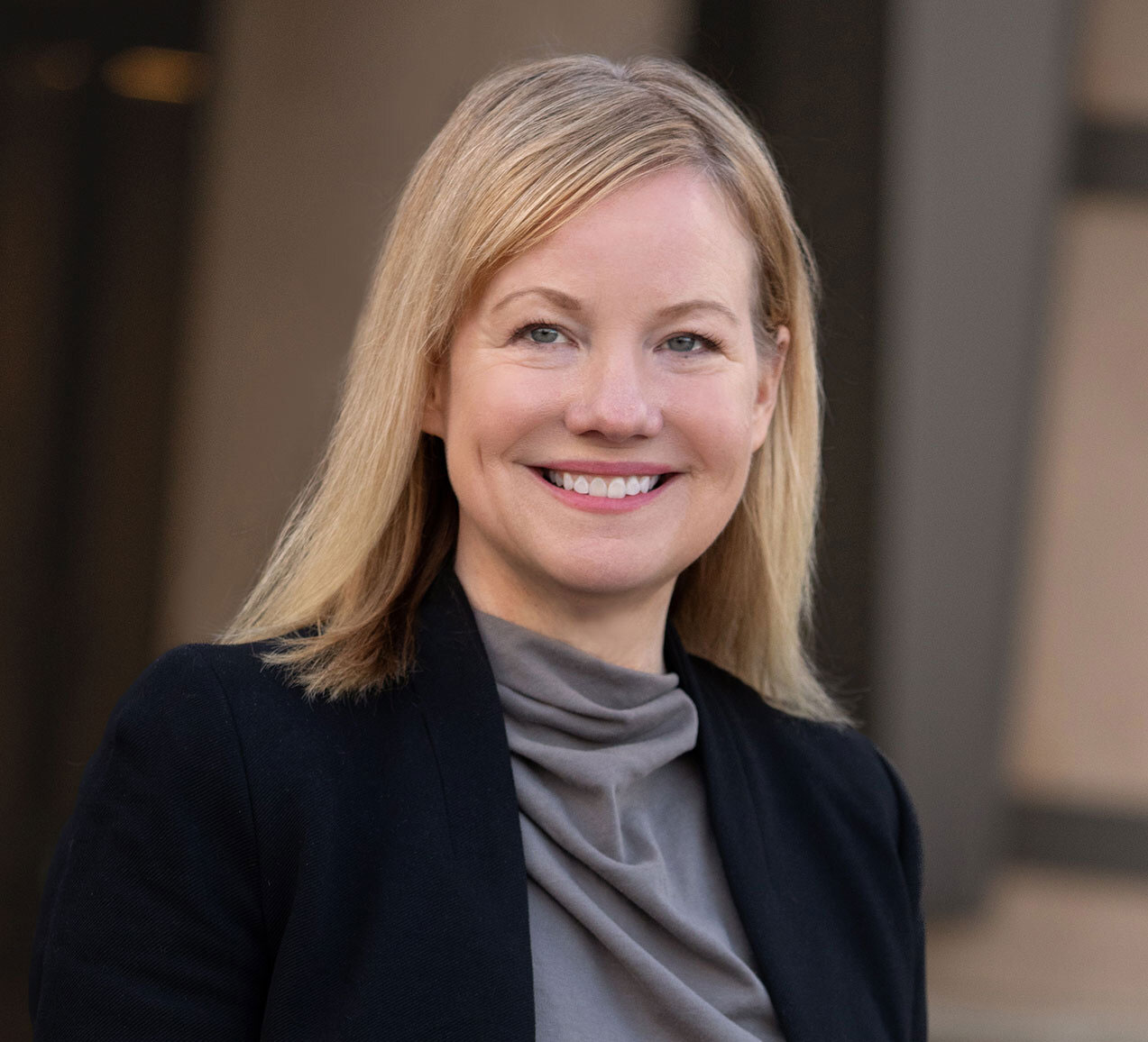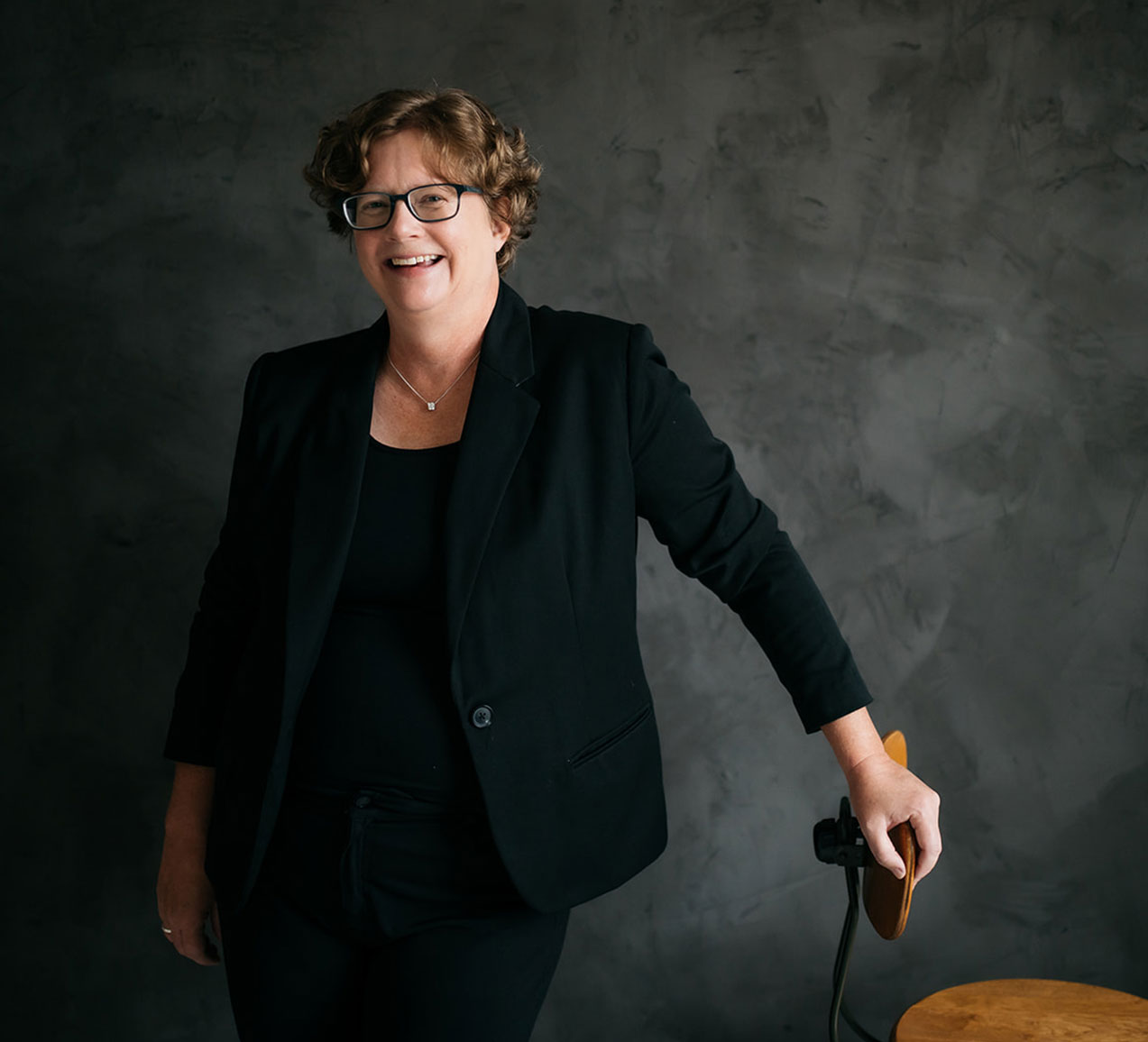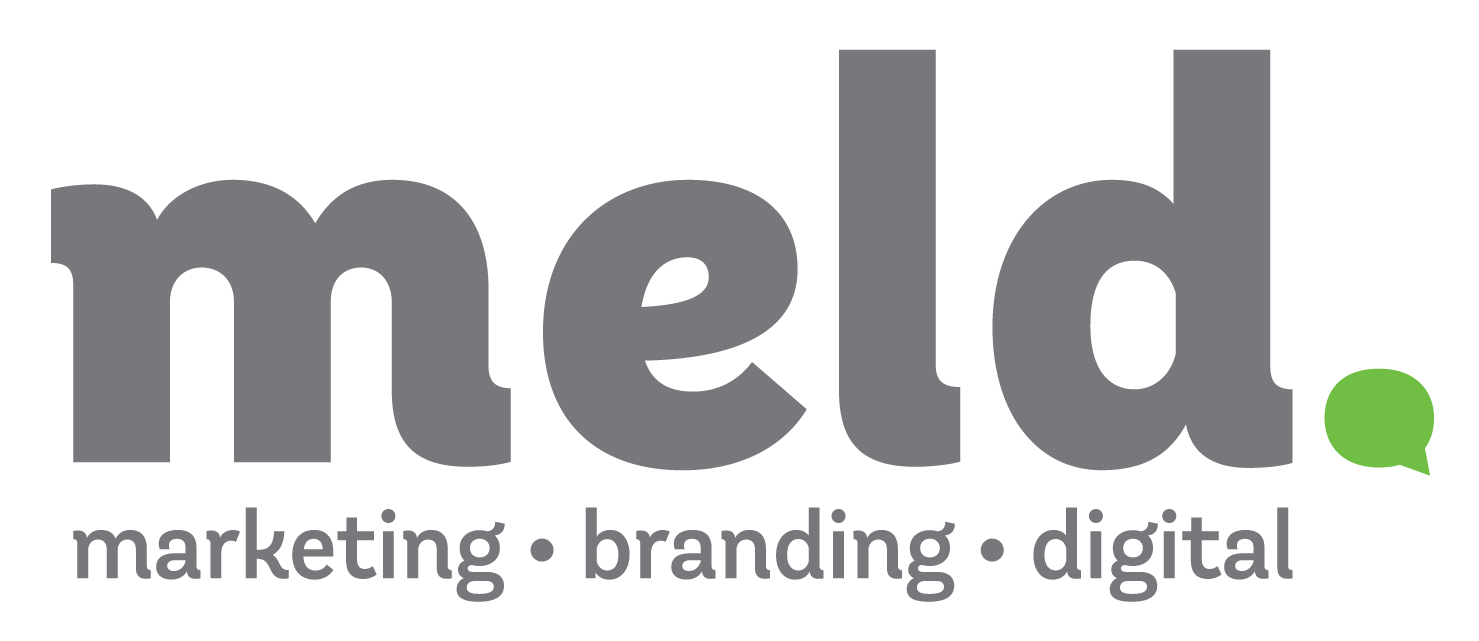Ten years ago there was little conversation about fractional Chief Marketing Officers (CMOs). Today, it’s a topic and concept that has accelerated nearly as fast as the digital, data-driven landscape.
First, let’s talk about what a fractional CMO is (also known as remote CMOs or on-demand CMOs). As opposed to having a full-time, in-house CMO, a fractional CMO can provide cost-effective, high-level marketing expertise on a part-time or project basis. In short, it gives companies the ability to have comprehensive marketing leadership that fits their budget and can drive growth and success.
The popularity of fractional CMOs took off during the pandemic. In part because it made remote work for CMOs more widely accepted, allowing those with the expertise to work virtually for multiple companies, choosing how and when they wanted to work. So how do we know the phrase fractional CMO is on people’s minds? According to Google Trends, search interest around fractional CMOs increased by 600% from 2018 to 2022.
It also has accelerated because many companies began to see that fractional CMOs could provide the same experience and leadership as a full-time CMO at a lower cost, usually 50–75% of a full-time CMO’s salary and benefits. Source: C Suite Network
A June 2024 article from Forbes, stated, “Many companies have become burned out by investing a ton of time and resources into hiring the perfect CMO, only to have them leave in three months. To avoid the whiplash, a growing number of organizations are turning to fractional CMOs to provide a more stable, steady solution to steer the marketing team and maintain momentum. This part-time or freelance position fulfills the lead marketing role without the commitment to hire a full-time in-house executive. In the fractional CMO model, strategy and direction come from the board and C-suite collectively, while the CMO provides input and primarily drives execution.”
What Does a Fractional CMO Do?
Industry experts have categorized the fractional CMO into four main types.
- On-demand: Temporary, part-time engagement
- Turnaround: Revitalization of marketing efforts
- Interim: Filling the gap while looking for a full-time CMO
- Advisory: Coaching or mentoring less-experienced marketing staffers
 “Quite frankly, fractional CMOs allow companies to get a level of talent they can’t afford otherwise,” said Dana Larson, CMO for Stead Impact Ventures and Foundation. Dana acts as a fractional CMO to many of the mission-aligned, early stage companies Stead Impact invests in nationwide. Many of these companies are focused on positively impacting health and wellbeing in the areas of neurodegenerative disorders, mental health, and obesity. Her job is to help these companies assess how to position themselves for venture-scale returns and global impact.
“Quite frankly, fractional CMOs allow companies to get a level of talent they can’t afford otherwise,” said Dana Larson, CMO for Stead Impact Ventures and Foundation. Dana acts as a fractional CMO to many of the mission-aligned, early stage companies Stead Impact invests in nationwide. Many of these companies are focused on positively impacting health and wellbeing in the areas of neurodegenerative disorders, mental health, and obesity. Her job is to help these companies assess how to position themselves for venture-scale returns and global impact.
The Value of an Outside Perspective
With a fractional CMO, companies can keep their business moving but also make room for someone to bring an outside perspective and assess the larger initiatives and goals that can be put into place on the marketing side. While it involves a process and takes time, it also helps companies avoid missteps, inefficiencies, and confusion. Without stepping back to set a strategy, it’s easy for organizations to fall into the trap of focusing on one magic bullet to drive marketing and sales results. “Let’s just fix the website.” “We just need some messaging.” “We don’t need brand awareness, we just need leads.” “We don’t need marketing. We just need more salespeople.”
The question is: How do you know?
A fractional CMO can help you answer that question before you invest dollars.
According to Harvard Business Review, companies that use fractional CMOs report an average revenue growth rate of 29%, compared to 19% for companies that don’t.
What Should You Look for in a Fractional CMO?
First, think about the person’s experience and knowledge and also about how well they will fit with your company culture. Can they deliver the strategy AND can they do it in a way that your leaders can hear it. At a higher level, you want someone who:
- Is smart, curious, and has done this before
- Can cut through the politics and speak with honesty and expertise to your company and its leaders
- You can trust as a partner whether for a short period or longer
- Can guide your leadership team/owners/marketing director through a process, creating buy in, and resulting in an actionable plan
- Understands the goals but also the resources it will take to achieve the goals
- Can help advise you on how to find the resources to accomplish your goals
- Will be a strong steward of your budget
- Will hold your company or team accountable and help drive them to successful results
- Can guide your team through the expected optimizations and pivots needed to refine the strategy and drive results
- Has the specialties and knowledge you need at this stage of the business
Key Benefits
Fractional CMOs can be more cost-effective, but they can also provide companies with scalability. As businesses evolve, so do their marketing needs. They may need more help related to brand, but later need more digital expertise or more targeted strategy around introducing new products. Having a fractional CMO, or multiple fractional CMOs with differing specialties and knowledge, allows businesses to create a network and utilize the different skills they need in their current stage of growth.
 Larson, and Meld’s CEO and Founder, Melinda Pradarelli who has acted as a fractional CMO for companies for more than a decade, recently discussed the different types of roles they play. Larson is available on-demand, provides coaching and mentoring and leadership, acts as a turnaround CMO, but also is what could be called an igniter. That’s someone who can help an early stage company understand the foundation of what their immediate vs future state marketing needs so they can sort through the overwhelming challenges of understanding and discerning which martech solutions to embrace or ignore.
Larson, and Meld’s CEO and Founder, Melinda Pradarelli who has acted as a fractional CMO for companies for more than a decade, recently discussed the different types of roles they play. Larson is available on-demand, provides coaching and mentoring and leadership, acts as a turnaround CMO, but also is what could be called an igniter. That’s someone who can help an early stage company understand the foundation of what their immediate vs future state marketing needs so they can sort through the overwhelming challenges of understanding and discerning which martech solutions to embrace or ignore.
“Often an early stage company has no one with a marketing background on the team,” Larson said. “The Founder does it all and they really need to be focused on putting those skill sets to use helping build out the company in its early stages. As a fractional CMO I can go in and assess the company and its goals from a marketing perspective and then take what I glean and share where they are lacking, or at risk for, or where they have opportunities. Then we can help them understand who they need to hire or who they need to bring in as an agency to support the execution.”
In contrast to Larson, Pradarelli typically plays the role of turnaround, on-demand, or advisory CMO. She understands what it means to be an igniter since she started her own marketing company and co-founded a technology company. Over the years, she and the Meld team have offered consultation to early stage businesses, sometimes directly and other times in partnership with groups such as Stead Impact, the Entrepreneurial Development Center in Iowa, or through the University of Iowa John Pappajohn Entrepreneurial Center (JPEC).

Meld has also helped launch brand new companies, such as Urban Acres Real Estate, who needed a name, a brand, and a strategic direction—one they hoped would have the scalability to be franchised if ever needed. This was a partnership that resulted in the company achieving its business goals of becoming number one in the market by the end of the first year.
Meld also worked with a national yogurt company, helping them set and execute a rebrand and product roll out strategy that increased sales on store shelves by 47 percent in the first two years. In the retail arena, Pradarelli helped capture and tell the story of the Von Maur department stores, a company Newsweek has named America’s Best Department Store for three years in a row. Today, Von Maur has 37 stores in 15 states. The strategy was to ensure that Von Maur had something to share with key market decision makers that showed how and why they have been so successful for over a century.
Today, the lion share of what Meld does is work with companies who are beyond the earliest stages of start up and are positioned to take the next step. Often, they are a legacy company that needs to drive a new strategy in order to stay viable or to pivot to take advantage of opportunities in their changing markets.
“I’ve been fortunate to be at the table for local, regional, and national clients helping them navigate and set a holistic course for growth,” she said. “In fact, from the time we launched Meld we built it into the process we use with clients. Because what we found is that most of our clients come to us with a need to elevate their marketing. But before we can help them do that we recognized they needed a higher level of expertise that was often missing in their organization. Someone who could take a fresh look at their goals and help set a strategic course to get there. To do that, you have to assess the state of their marketing and determine if they have the resources in place to successfully drive that strategy forward. In other words, we needed to back them up and start with the strategy before we could help them execute it or find trusted partners who can. This became a central part of our process.”

Pradarelli, whose career took her from being an internal marketing director for a national non-profit company to working with national brands and launching her own business, has helped companies of all sizes. It’s the reason Meld is full-service and takes a consultative approach to everything we do. Our team was intentionally built around having experts in brand, digital, campaign management and measurement, market research, and beyond. These are some of the most fundamental elements of what a CMO needs to assess and provide consultation around.
“Our job at Meld is to be a partner who takes that 360-degree approach,” Pradarelli said. “To be there not just to set strategy, but also to answer the call when a client’s marketing director or team member needs guidance, assistance, or just reassurance as they execute the strategy. Or, if they don’t have enough firepower on their team, Meld can provide that. But we don’t consult with clients merely to take on all of the execution. We provide that support when it’s needed or we help them find the resource that can deliver the best result. That approach is what has helped us stand out and is what clients tell us is the number one reason they like to work with us.”
Meld isn’t alone. It’s a growing trend for agencies like Meld to play this pivotal role. In the same Forbes article, industry experts shared:
“For companies that opt for a fractional CMO, having a strong partnership with a marketing or PR agency can provide a critical foundation for stability. Agencies provide institutional knowledge and vital support that allows the marketing team to continue executing on strategy even through multiple C-level transitions.
Since they know the history of what’s worked and what hasn’t, along with the historical context of marketing strategy and decisions, an agency partner can help guide a new fractional CMO or full-time executive as they get up to speed. This steady guidance is especially important during times of transition to maintain consumer and stakeholder confidence and manage media relations around the transition itself.
“Having a great agency partner can also help companies find a fractional CMO who’s a perfect fit by pulling from their extended network of partners and professionals. They can even help narrow the candidates and advise on fractional CMO selection with their knowledge of the company’s objectives and strategy in mind.”
Source: Forbes 2024
What is the Pricing Structure for a Fractional CMO?
There are a number of costing models out there, ranging from those that charge hourly or project-based rates or those that set a monthly retainer fee. Many who are in high demand find it hard to charge hourly. That’s because they don’t just spend an hour or two thinking about strategies and considerations each day, they also spend their weekends — and yes, even their vacations.
But one of the ways to ease into the relationship is to start with a three or six-month contract, setting an agreed-upon monthly cost or number of hours allocated. For those who do charge hourly, it’s often between $150 to $500 an hour for this level of expertise.
Is A Fractional CMO Right For Your Company?
If you want to discuss whether a fractional CMO is right for your organization, don’t hesitate to reach out. We would love to talk with you.



